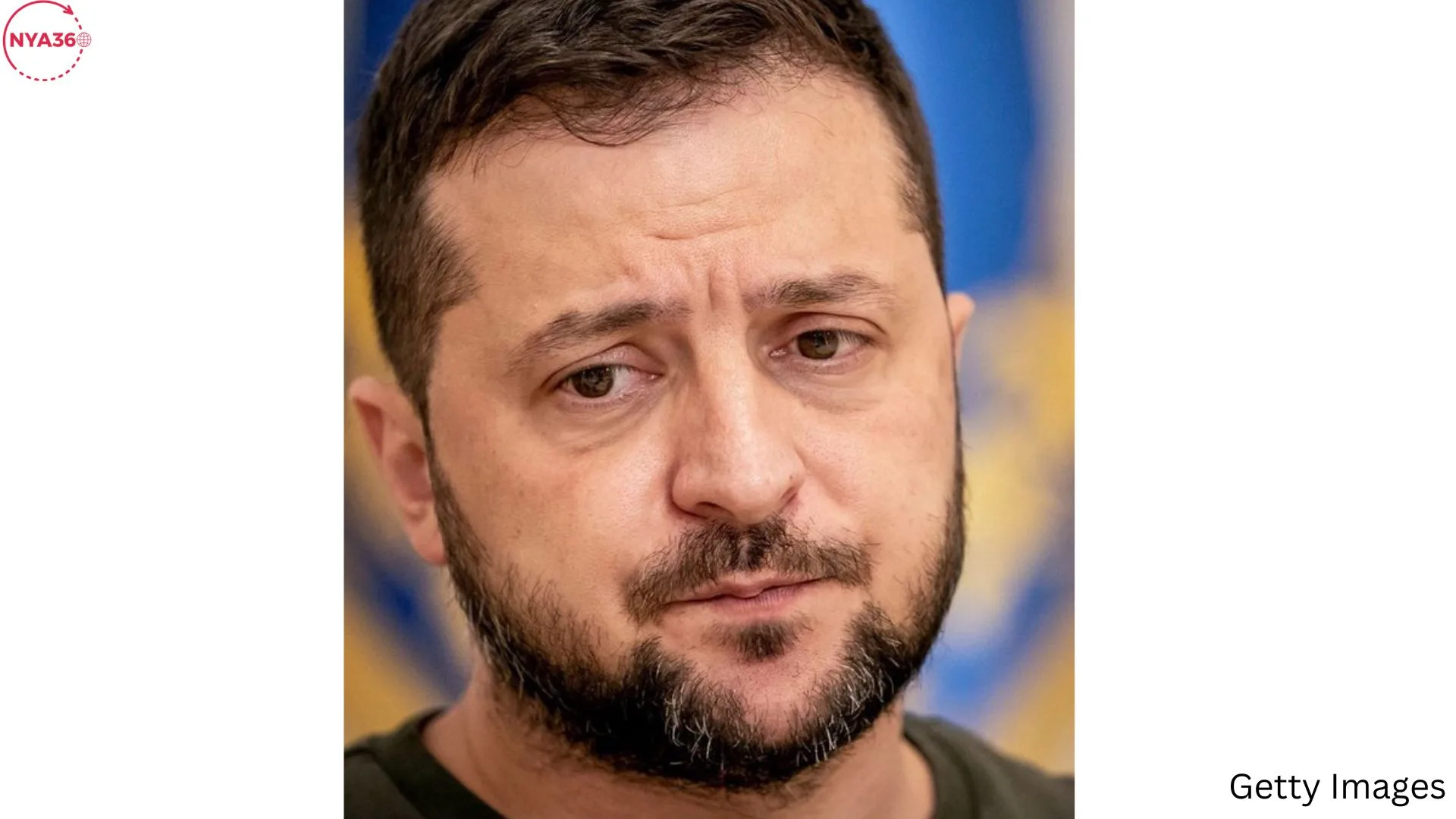A remarkable occurrence has caused significant disruption in Ukraine’s political sphere, as several senior officials in President Volodymyr Zelensky’s administration have collectively tendered their resignations. Notable individuals who are resigning include important figures such as Dmytro Kuleba, the Minister of Foreign Affairs, Denis Maliuska, the Minister of Justice, Alexander Kamyshin, the Minister for Strategic Industries, Ruslan Strelets, the Minister of Environmental Protection and Natural Resources, Olga Stefanishyna, the Deputy Prime Minister for European and Euro-Atlantic Integration, Iryna Vereshchuk, the Deputy Prime Minister and Minister for Reintegration of Uncontrolled Territories of Ukraine, and Rostislav Sharma, the Deputy Head of Zelensky’s office. The abrupt departure of Zelensky’s administration raises significant concerns over the stability of his government and the future of Ukraine’s leadership in the face of a protracted conflict with Russia.
The abrupt resignation of a substantial portion of Zelensky’s government is unparalleled and presents an urgent challenge to his leadership. These officials were not only crucial in the daily functioning of the Ukrainian government, but also had essential responsibilities in Ukraine’s reaction to the Russian invasion, diplomatic engagements with Western countries, and the internal administration of the country’s resources and territories.
A prominent resignation is that of Dmytro Kuleba, the Minister of Foreign Affairs, who played a crucial role in obtaining international backing and military assistance for Ukraine. The individual’s departure has the potential to complicate the current diplomatic endeavors and may generate a sense of unease among Ukraine’s partners, especially given the persistent nature of the conflict with Russia. Kuleba’s resignation may also indicate possible disagreement within the government regarding the course of foreign policy and Ukraine’s approach to the crisis.
The departure of Denis Maliuska, the Minister of Justice, gives rise to apprehensions regarding the stability of Ukraine’s legal framework during a crucial phase. The departure of the individual in question might potentially impede or even obstruct the progress of Ukraine’s current judicial reforms and anti-corruption measures, which are crucial for the country’s journey towards European integration. In addition, the resignation of Alexander Kamyshin, the Minister for Strategic Industries, who had the responsibility of supervising Ukraine’s industrial foundation, including its crucial defense sector, may impede Ukraine’s capacity to maintain its military campaign.

Although the complete disclosure of the reasons behind these mass resignations is lacking, various potential explanations have surfaced. An internal aspect that could contribute to the situation is a lack of consensus over the war management and the government’s overarching policy. Due to the prolonged war, internal tensions within the administration may have escalated to a critical level, resulting in this large-scale departure.
Another potential factor could be the feeling of exasperation due to the presence of corruption and inefficiency inside the administration. Zelensky assumed office with a mandate centered around combating corruption and promoting openness. However, studies indicate that corruption continues to be an enduring problem. The officials who are leaving may have been disenchanted with the sluggish progress of reforms or their incapacity to bring about change within the present administration.
Additionally, external pressure may also be a factor to consider. Due to Ukraine’s heavy dependence on Western backing, especially from the United States and the European Union, these allies may have expressed discontent with specific aspects of the Ukrainian government’s performance, indirectly leading to these resignations. The resignations pose an urgent problem for Zelensky, as he now has the challenging task of reconstructing his cabinet during a continuing war. The president confronts numerous critical challenges:
To restore stability, Zelensky must promptly designate new officials to occupy the vacant positions and guarantee the seamless functioning of the government. Identifying individuals who possess not just the necessary skills and expertise but also the trust of both Zelensky and Ukraine’s international allies will be necessary. To ensure ongoing international support, Zelensky must provide reassurance to Ukraine’s friends that the government remains stable and steadfast in its current direction, despite the departure of important members in Ukraine’s foreign policy apparatus. The presence of any indications of instability has the potential to undermine the international coalition that is providing support to Ukraine, thus impeding the provision of military and financial assistance.

army
Public perception management: The widespread resignations have the potential to undermine public trust in Zelensky’s leadership during a critical period of national unity. Zelensky should openly and honestly address the concerns of the public by providing clear explanations for the resignations and presenting a detailed plan to ensure the government’s future effectiveness. If internal differences or displeasure with corruption played a role in the resignations, Zelensky may need to intensify his reform endeavors to address these issues. Possible measures to address these issues may involve expediting judicial reforms, enhancing government transparency, and implementing stringent measures to combat corruption within the administration.
The mass resignations represent a crucial turning point for Ukraine. Amidst the ongoing battle and the critical state of the country’s future, ensuring the stability of Zelensky’s government is of utmost significance. Zelensky’s response to this issue will have profound consequences for the future of his administration, the war effort, and Ukraine’s prospects for post-war rehabilitation.
Zelensky’s immediate priority is to recruit capable and devoted individuals to replace the ministers who are leaving. This is crucial for rebuilding trust within Ukraine and among its allies. In the long run, the president should reconsider his governance strategy, focusing on the root causes of these resignations and ensuring that his administration is better prepared to tackle the significant difficulties in the future. The resilience and solidarity of Ukraine’s government will be important as it continues to struggle for its sovereignty and future. Zelensky’s leadership is currently facing rigorous examination, and the decisions he makes shortly will not only impact his political viability but also shape the destiny of the nation.
Follow us on social media: Instagram, Threads & Twitter X @nya360_ YouTube & Facebook @nya360.





